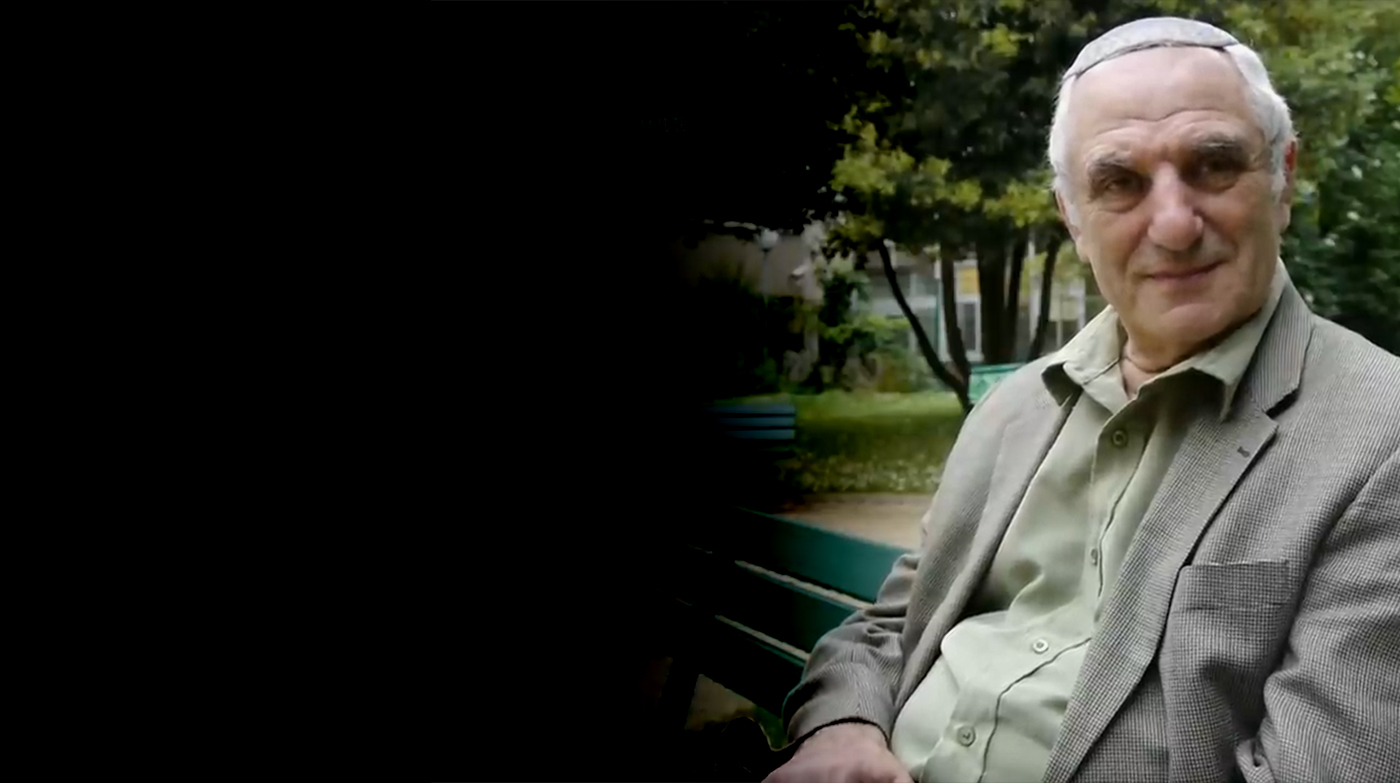*Translated from French by PAJU
Anti-Semitism makes headlines. The Israeli Prime Minister qualifies as anti-Semitic the accusation that Israel is carrying out a genocide in Gaza, and accuses even students around the world who are calling for a ceasefire. The war in Gaza indeed provokes anti-Semitic acts targeting synagogues and Jewish schools. It is therefore important to understand what anti-Semitism is and how it must be distinguished from anti-Zionism.
Even if violence against Jews in Europe dates back more than a millennium, the term “anti-Semitism” has designated, since the 19th century, hatred of Jews as a race, a notion exploited during colonialist expansion. . From this perspective, racism becomes legitimate, even “scientific”. It advocates the inferiority of any Jew in the same way as any African or Asian. This racism explains the massacres of millions of people in the Belgian Congo at the turn of the 20th century or the genocides that Germany committed in the same period in South West Africa (present-day Namibia), then, barely thirty years later , in Europe, with the extermination of millions of Jews, Slavs, Roma and other “subhumans”. Anti-Semitism is therefore a form of racism.
Anti-Zionism is a rejection of Zionism, a political movement that emerged in Europe towards the end of the 19th century. Its founder Theodor Herzl (1860-1904), concerned about anti-Semitism, aimed to create Der Judenstaat, a state for the Jews. Zionism, which appears at a time when ethnic nationalism and the right to self-determination of peoples is in full swing (Greece, Germany, Italy, etc.), affirms that the Jews constitute a people or a separate race that, never being able to integrate into the surrounding society, requires a State.
The movement encouraged the colonization of Palestine and established institutions such as the Jewish Colonial Trust (1899) and the Palestine Jewish Colonization Association (1924). This settlement campaign, which created, under British aegis, a separate economy and society, marginalized or even aimed to replace the local population. It aroused resistance that would have arisen even if the Palestinians had been colonized and mistreated by the French or the Chinese. Opposition to Israel and Zionism, its founding ideology, is therefore of political origin.
From its beginnings, Zionism has been a revolt against traditional Judaism that has evolved for nearly two millennia across the world. The new movement divided Jews and fomented opposition, both religious and political, that persists to this day. Ultraorthodox Jews can be seen in anti-Israel demonstrations alongside progressive activists from the Jewish Voice for Peace or Independent Jewish Voices. Just remember the Jewish demonstrations last November around the Statue of Liberty in New York demanding freedom for the Palestinians.
Consequently, it appears that Zionism, like all nationalism, divides the group in whose name it claims to act. Jews opposed to Zionism constitute a phenomenon as normal as Quebecers opposed to independence (see the recent book “Anti-Zionism, a Jewish History”). Many Jews rejoiced at the establishment of the State of Israel in 1948, others denounced it. Today, it is the tragedy of the Palestinians which further deepens this division within the Jews.
What encourages anti-Semitism is the conflation of Jews with Israel, of Judaism with Zionism, by Israel and pro-Israeli Jewish and Christian organizations. Israel promotes this association by declaring itself “The State of the Jewish People”, even though half of the Jews do not live there and more and more young Jews reject it. Moreover, Israel’s allies around the world use this conflation to stifle critics of Israel by labeling them anti-Semitic.
Those who display their solidarity with Israel as Jews reinforce this amalgam and, undoubtedly in spite of themselves, fuel anti-Semitism. It is true that Israel has become central to the identity of many Jews who take their political choice – supporting a state in West Asia – for an inherent commitment to Judaism (see the recent film “Israelism”).
But it is essential to avoid the trap of racist generalizations by associating every Jew with Zionists, especially since the overwhelming majority of Zionists today are evangelical Christians.
Yakov M. Rabkin is Professor Emeritus of History at the University of Montreal. He has published more than 300 articles and several books: Science between Superpowers, In the Name of the Torah: A History of Jewish Opposition to Zionism, What is Modern Israel?, Demodernization: A Future in the Past and Judaism, Islam and Modernity. He has consulted, among others, for the OECD, NATO, UNESCO and the World Bank. Website: www.yakovrabkin.ca








